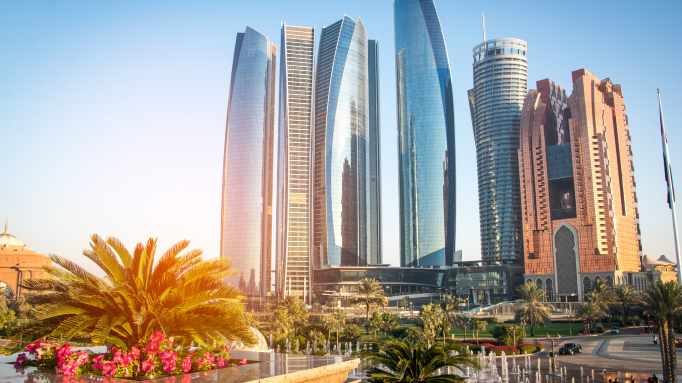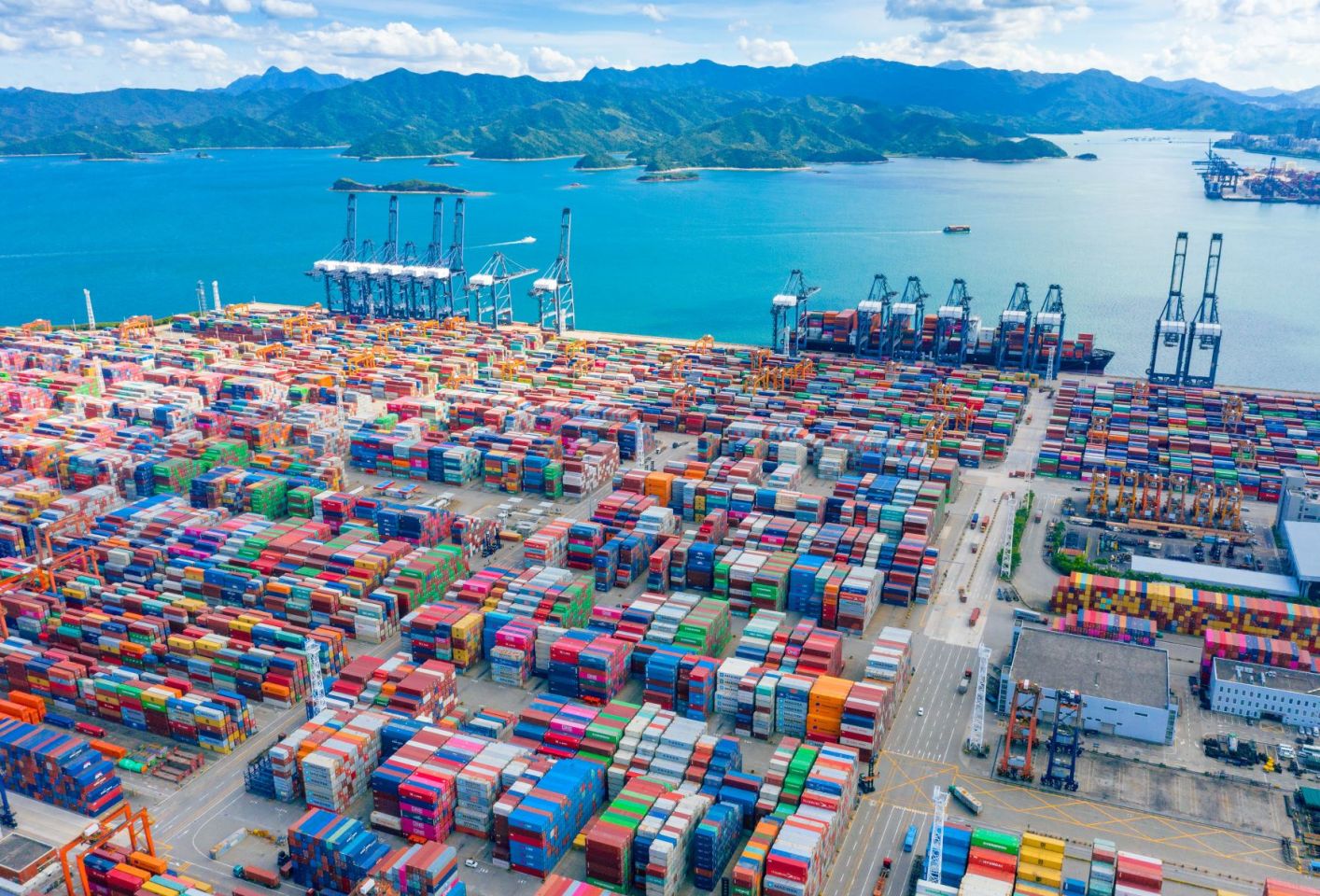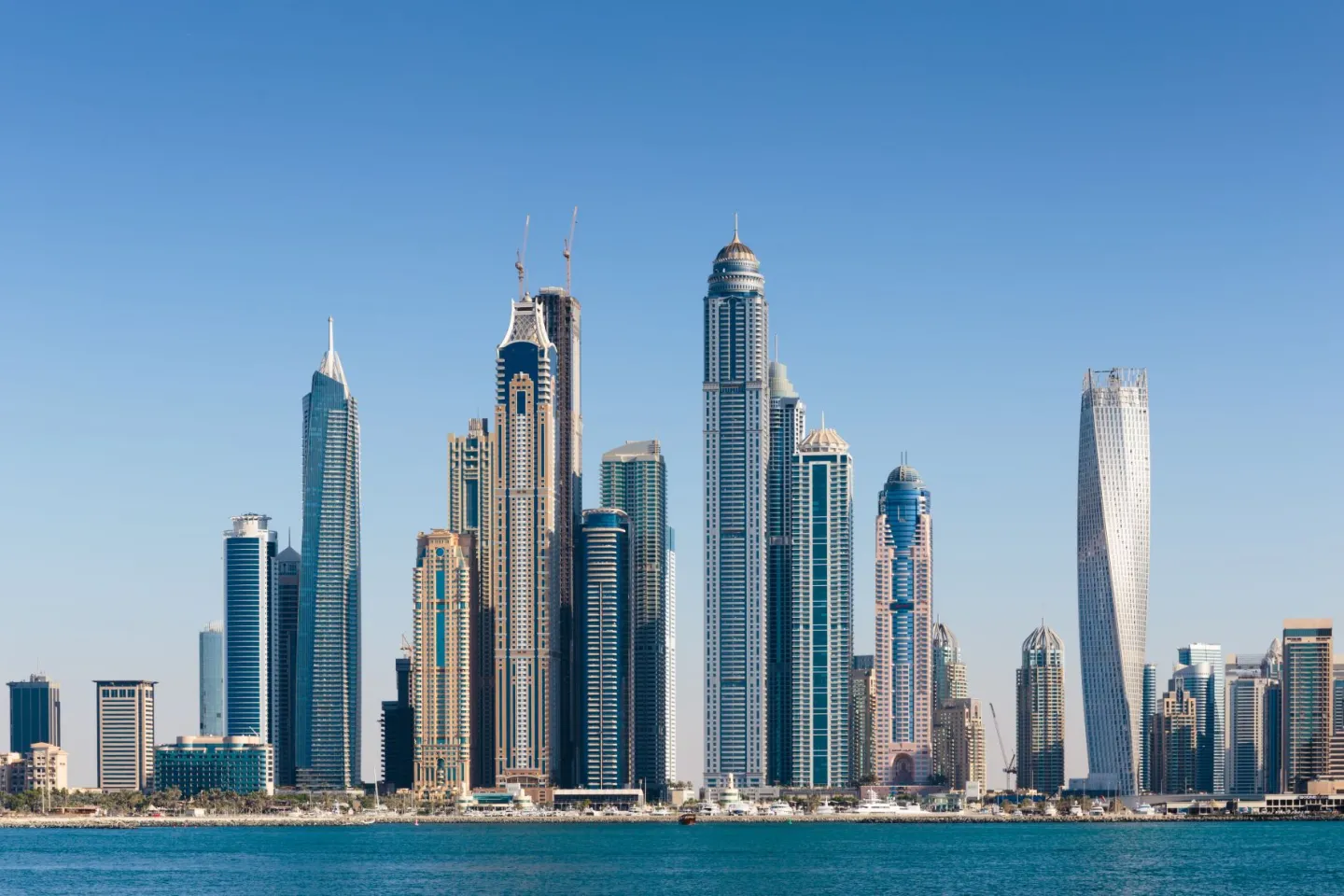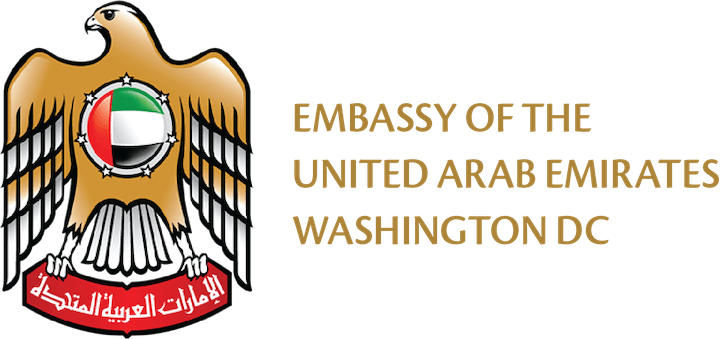In the UAE, regulation of the establishment and conduct of businesses is shared at the federal and emirate levels. Effective June 1, 2021, the UAE removed the requirement for companies to have a local sponsor, allowing foreign investors and entrepreneurs to establish and fully own onshore companies in most sectors.
The amended ownership law is a part of UAE government efforts to increase the ease of doing business and enhance the UAE’s appeal to foreign investors, entrepreneurs and talent. It will further strengthen the country’s position as an international economic center and encourage the flow of investments to key sectors.
The Global Competitiveness Index Report 2019, issued by the World Economic Forum (WEF), ranks the UAE as the most competitive economy in the Middle East and North Africa (MENA) region. The report states that the UAE’s adoption of information communications technologies “complements long-standing competitive advantages, including a stable macroeconomic environment, a sound product market, and one of the most modern transport systems in the world.”
Other clear advantages to doing business in the UAE include:
- No restrictions on profit transfer or repatriation of capital
- No corporate or income taxes
- A currency, the Dirham, that is stable, secure and pegged to the US dollar
- Very low, or non-existent, import duties
- Competitive labor costs
- 100% foreign ownership available for onshore companies in most sectors
These factors, combined with a strategic geographic location, an expanding infrastructure and an extremely safe environment, make the UAE an ideal place to do business.
All businesses require a license and licensing procedures vary from Emirate to Emirate. Specific licensing information is available at individual Chambers of Commerce. For more detailed contact information for these offices, please email trade@uaeembassy-usa.org.


Free Zones
Establishing a business entity in one of the numerous UAE Free Trade Zones (FTZs) can be an attractive option for foreign investors and businesses. All seven Emirates already have, or are developing, such economic zones.
The major advantages in operating in a free zone are:
- 100 percent import and export tax exemptions
- 100 percent repatriation of capital and profits
- No corporate taxes for 15 years, renewable for an additional 15 years
- No personal income taxes
- Less burdensome documentation, mostly in English
- Assistance with labor recruitment, and additional support services such as sponsorship and housing.
There are over 20,000 companies in Free Zones around the UAE. The largest Free Zones include:
Procedures
An independent Free Zone Authority (FZA) governs each free zone and is responsible for issuing FTZ operating licenses and assisting companies with establishing their business in the FTZ. Investors can either register a new company in the form of a Free Zone Establishment (FZE) -- a limited liability company governed by the rules and regulations of the Free Zone in which it is established -- or simply establish a branch or representative office of their existing company based within the UAE or abroad.
The procedures for establishing a business in a Free Trade Zone are usually very straightforward and can be completed in a short space of time, especially if there are no environmental issues involved. Individual Free Zones may have specific requirements, but general steps are:
- Questionnaire from the relevant Free Zone Authority which will assist in assessing a company's requirements
- License application, planning documents, and a consumer request for electricity
- Provisional approval and lease agreement
- Meetings with the authority to finalize details of the project
Licenses
Once a legal presence has been established in the Free Zone, the business will need to lease premises or land and acquire an operating license from the FZA. Different types of licenses apply in the different types of free zone.
When not to choose a Free Zone
There are a few scenarios in which a prospective company might not want to choose to do business in a Free Zone. These are if a company:
- Practices a regulated profession
- Requires a lot of visas or warehouse/office space
- Plans a long presence in the UAE and wants to reach a wider portion of the UAE market
- Has a particular UAE company or individual with which to partner

Key Industries
Sectors with strongest demand and opportunity include:
- Construction services
- Materials and supplies
- Defense – Aerospace
- Energy – Alternative Energy
- Professional services
- Select tourism products/services
- High end hotel brands
- Creative/profitable arts and culture entertainment products
- High end, strongly - branded medical service providers and cutting edge products
With its open and booming economy, its diversification initiatives, one of the highest GPD per capita in the world, and a worldly and diverse population, the UAE is an ideal export market.
Exporting to the UAE is a fairly easy process. Some of the advantages to exporting to the UAE are:
- Ease of registration
- Few restrictions
- Low taxes
- Very open and pro-business environment
For more information, please email trade@uaeembassy-usa.org.
